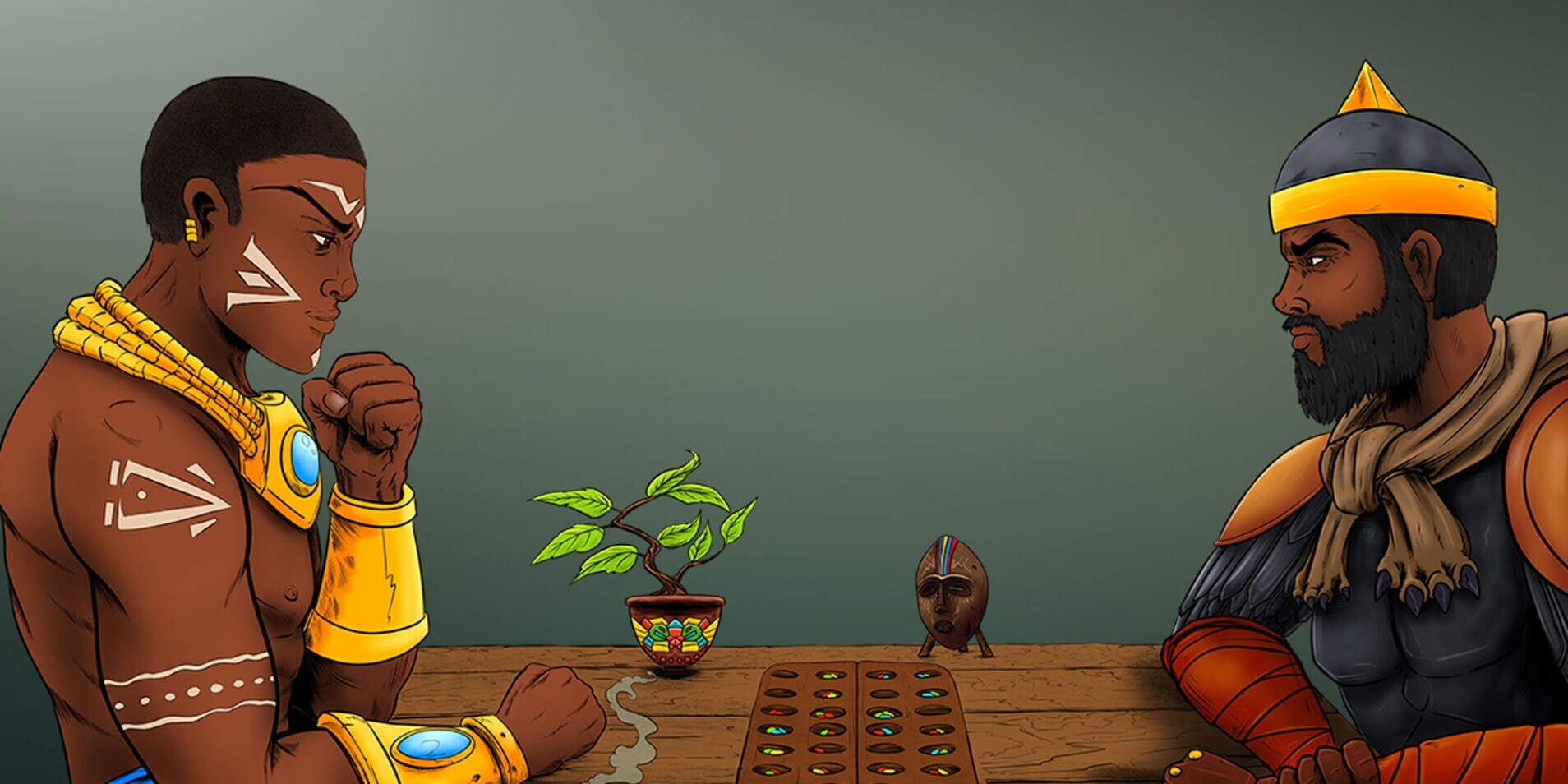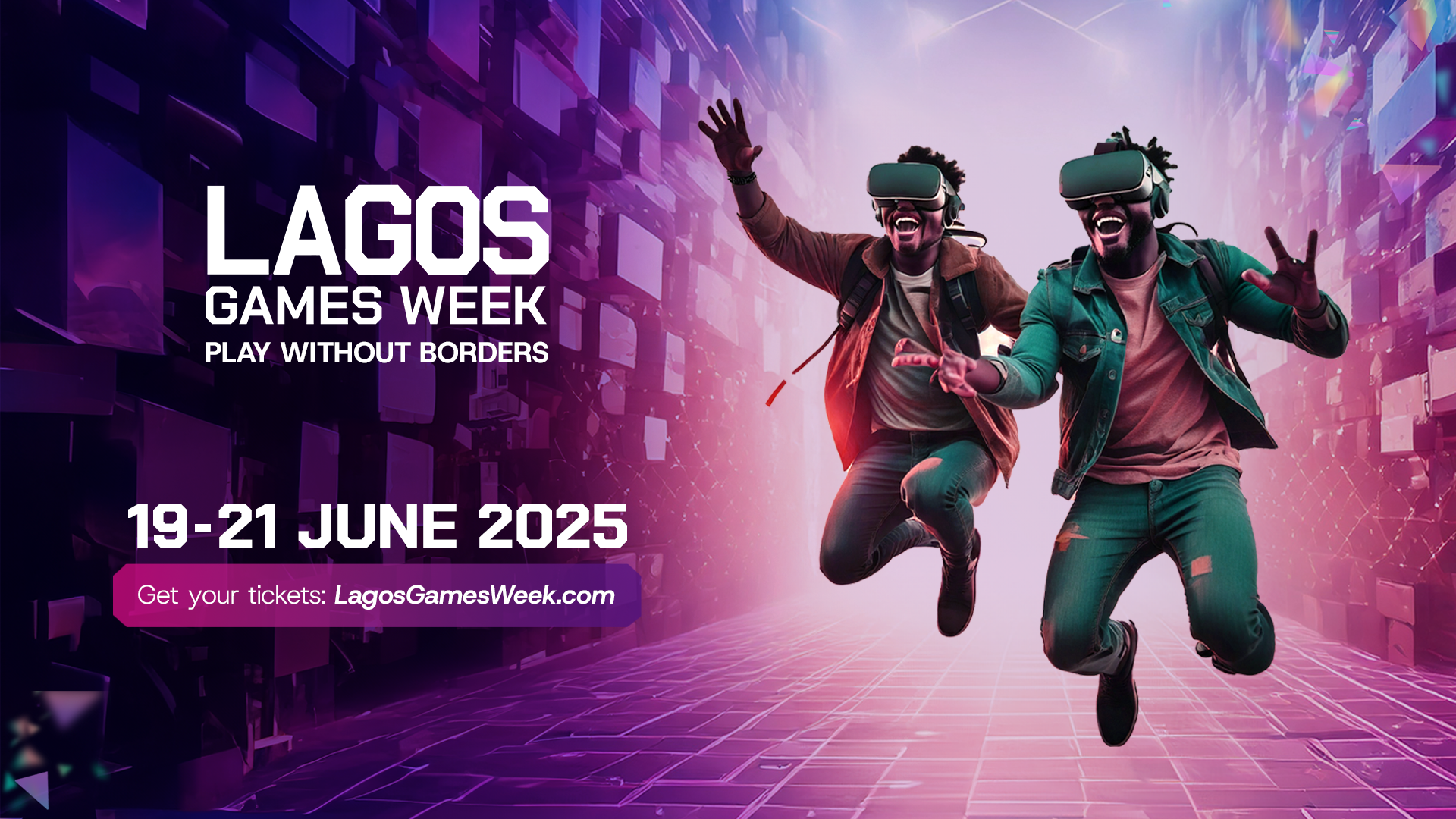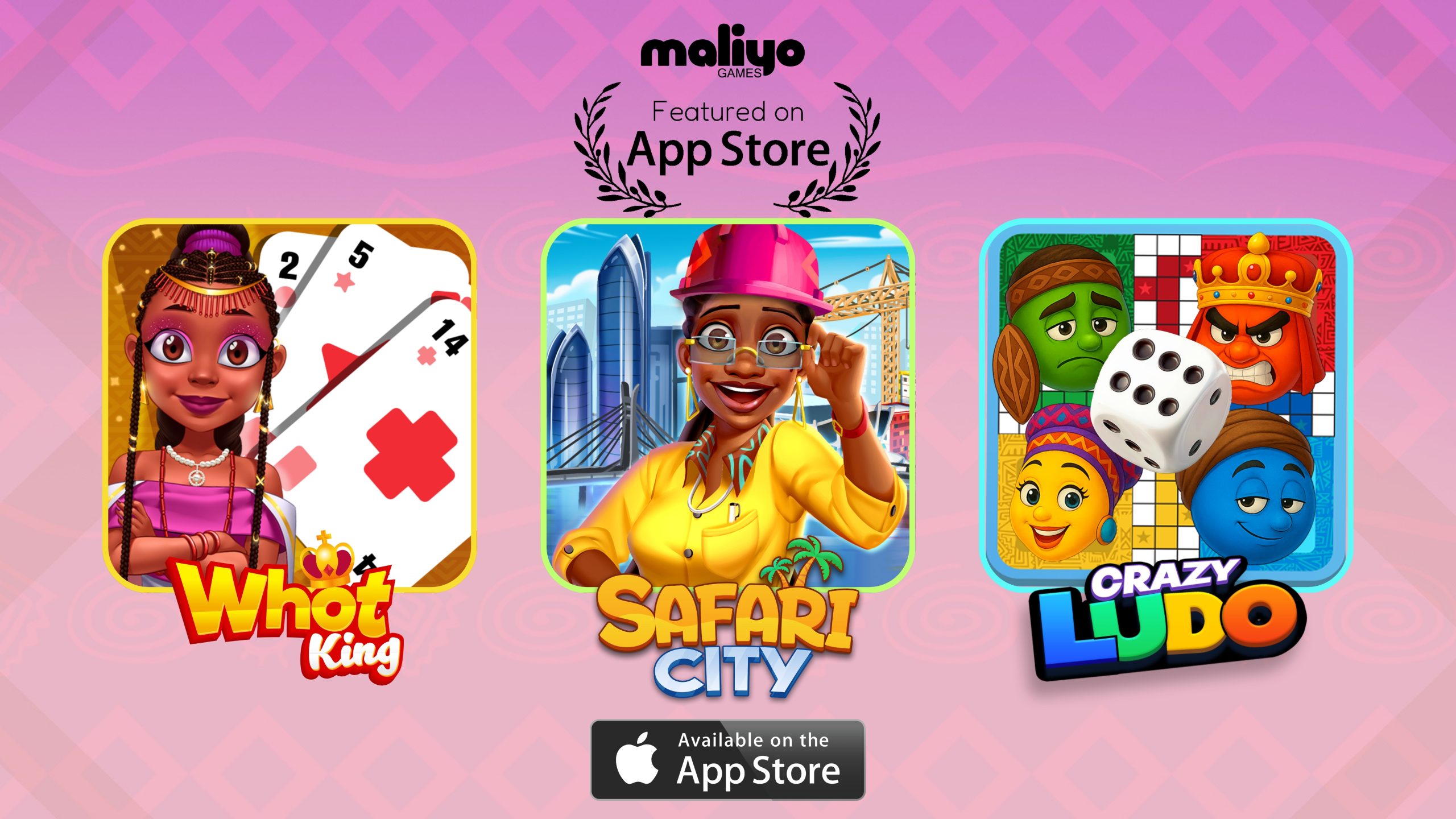Introduction
In recent years, the mobile gaming industry has seen a surge in creativity and diversity. While many game developers are exploring various themes and cultures, there has been a significant shift towards representing African cultures in mobile games. This trend is not only a testament to the rich and diverse heritage of the African continent but also a step forward in promoting inclusivity and global awareness. In this article, we’ll explore how African mobile games are breaking new ground in cultural representation.
Diverse Narratives
African mobile games are breaking away from conventional narratives and stereotypes, instead embracing the wide array of cultures, traditions, and histories across the continent. These games are not limited to showcasing Africa as a monolithic entity but rather highlight the distinctiveness of each region, tribe, and nation.
Our best example would be Maliyo Games’ very own games like Aboki Run whose back story is based on a fantasy world inspired by African folklore and mythology. There are also other games by other studios that explore examples of incredible African stories.
By doing so, these games offer players a fresh and captivating experience rooted in African heritage.

Empowering Representation
African mobile games also play a pivotal role in combating negative stereotypes and promoting positive self-image.
Games like “Brothers: A Tale of Two Sons” by Nigerian developer Chibix and “Aurora: The Lost Medallion” by Ethiopian developer Laki Studio feature strong African protagonists who overcome various challenges. These characters serve as role models for young gamers, inspiring them to embrace their cultural identities and aspire to greatness.
Inclusivity and Collaboration
Many African game developers are collaborating with artists, historians, and storytellers from their respective regions to ensure the authenticity and accuracy of their games. These collaborations foster a sense of community and pride, as well as help in creating more culturally enriched gaming experiences.
The Way Forward
While African mobile games have made significant strides in cultural representation, there is still much work to be done.
Game developers, both within and outside of Africa, should continue to explore the richness of the continent’s cultures and histories. Additionally, support from governments, organizations, and players can further propel the growth of this industry.
Conclusion
African mobile games are at the forefront of cultural representation in the gaming world. They celebrate the continent’s diversity, educate players about its rich heritage, and empower individuals through positive representation.
As these games continue to evolve and gain recognition, they are not just changing the gaming landscape but also contributing to a broader understanding and appreciation of African cultures on a global scale.




